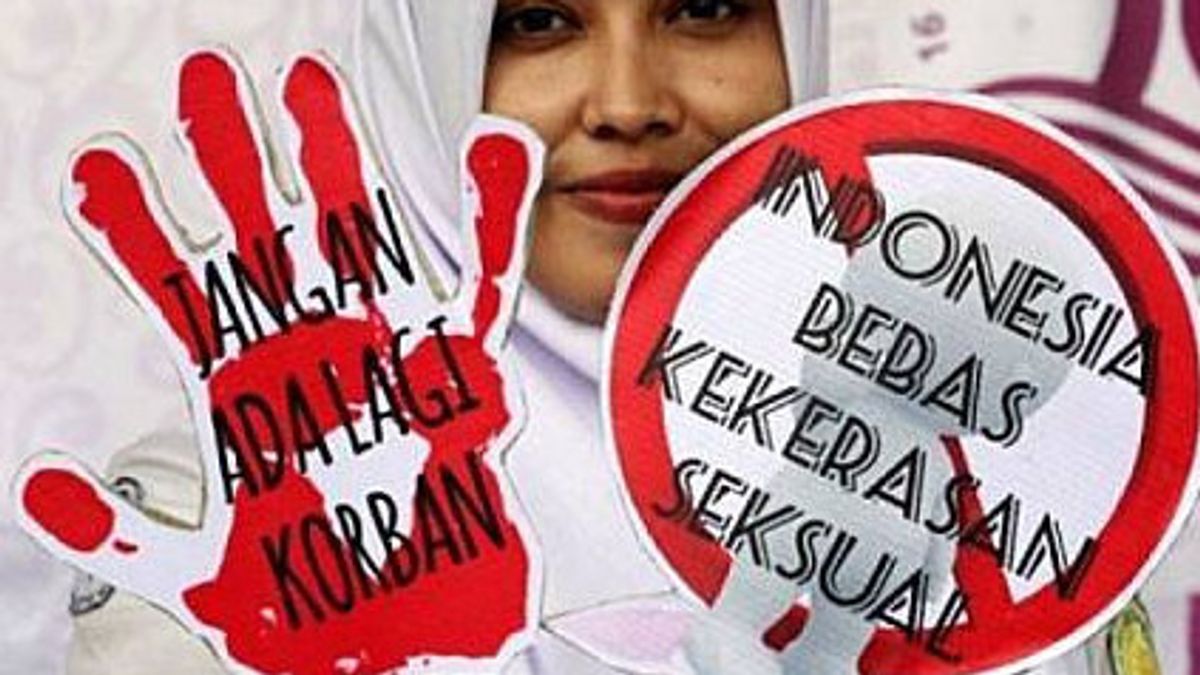JAKARTA - The ratification of the Sexual Violence Act (UU TPKS) received a positive response from the Southeast Asia Freedom of Expression Network (SAFEnet). But it needs some notes in its implementation.
Head of the SAFEnet KBGO Sub-Division, Ellen Kusuma, views that the implementation of the TPKS Law by law enforcement officers must truly side with the victim so that the issue of sexual violence can be handled optimally.
“Now, because we already have the Sexual Violence Law (UU TPKS), we need its implementation that really sided with the victims. For example, related to online gender-based violence (KBGO), Article 14 of the TPKS Law contains electronic-based sexual violence. The article contains actions against the threat of spreading intimate content and tracking against stalking. So, these actions can be imposed under the TPKS Law," said Ellen, quoted by Antara, Friday, April 15.
He stated this when he was a resource person in a webinar of the Ramadan Study of the Aisyiyah Research and Development Institute (LPPA) of the Central Executive 'Aisyiyah entitled Women and Digital Piety.
In addition, Ellen also conveyed that related to other protections besides the implementation of the TPKS Law, which was needed by victims of sexual violence, especially women.
He said the state needed to provide unbiased legal certainty to women.
"This legal certainty can be provided through the application of Supreme Court Regulation (Perma) Number 3 of 2017 concerning Guidelines for Adjudicating Women's Cases with the Law," said Ellen.
The regulation provides the basis for the concept of gender equality, such as regulating the way judges behave in court cases faced by women.
Then, this regulation also regulates matters that must be considered by judges when examining and adjudicating women's cases in conflict with the law. These things are the presence or absence of inequalities in social status, physical powerlessness, power relations, history of violence, and psychological impacts.
In addition, this regulation also prohibits judges from showing attitudes or making statements that are gender biased, confirming discrimination against women, and asking about the sexual history of the victim.
Perma Number 3 of 2017 even provides opportunities for female victims to have a companion in court for certain reasons.
The English, Chinese, Japanese, Arabic, and French versions are automatically generated by the AI. So there may still be inaccuracies in translating, please always see Indonesian as our main language. (system supported by DigitalSiber.id)








